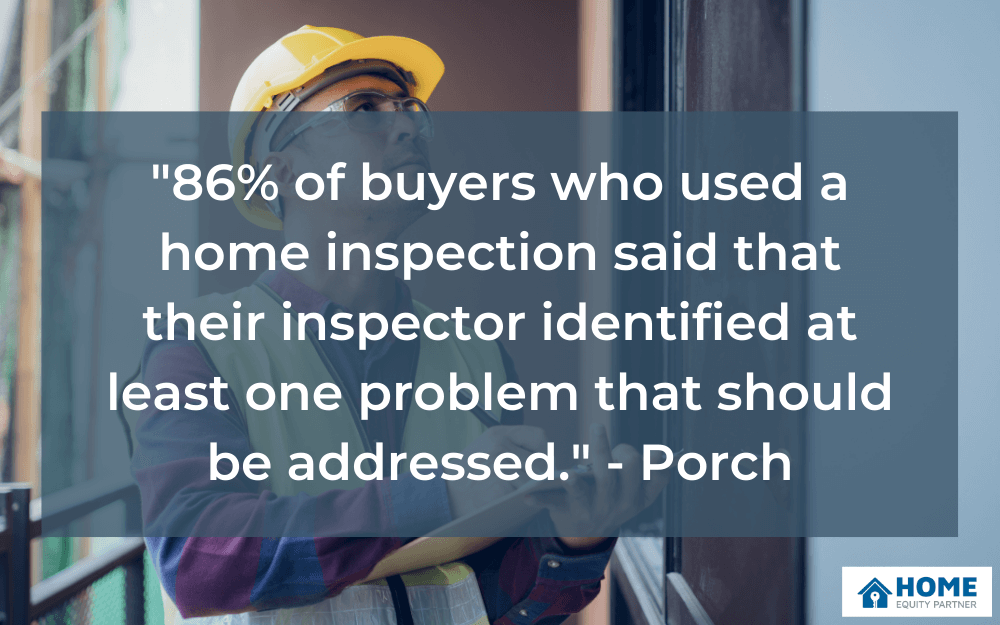A Contract For Deed is a legal agreement, similar to a lease or mortgage, for the sale of property between a buyer and seller, an alternative to a mortgage.
When you agree to a contract for deed, you as the buyer, make payments until a predetermined amount is paid or set date and then the property deed is officially transferred subject to some requirements.
Most commonly, the buyers look to this form of an agreement when a traditional bank loan is not possible or the two interested parties would rather just work together. While this process gives people the opportunity to get into a home they may otherwise not be able to get via a traditional loan there are some pros and cons to consider.
Contract for Deed Pros
Fewer Qualifications
While a contract for deed may look similar to a bank loan, it is often used by families who have run into issues with credit scores, job history, or other factors that prevented them from getting a home loan.
This means that you can often qualify for a Contract for Deed when you may otherwise not qualify for a conventional home loan, even an FHA loan.
You can also more easily qualify if you have started a small business and consider yourself self-employed.
No set required down a payment amount. A contract for deed through Home Equity Partner requires between 5-20% down depending on your situation and plan. This is close to the industry average of 3.5-25% down that you can expect.
Locked In Purchase Price
The purchase price of the home is determined at the signing of the Contract for Deed. This means it is locked in no matter what happens in the housing market. A lot can happen in a year or two.
Often this price is slightly higher than the current value of the home but less than what it can be when housing markets are on the rise and you do some general home improvements.
Generally speaking, a Contract for Deed is good insurance if you are worried about the housing market and you lock in a purchase price before getting a conventional loan. If you decide to not purchase the home you can do so, but may lose some equity in the process.
Less Time Waiting
The time it takes to collect a 20% down payment or increase your credit scores may be longer than your willingness to wait. This may also be combined with issues of renting in year-long leases or more. Timing can be difficult when buying or selling a home. A Contract for Deed often eliminates timing issues and waiting to qualify for a conventional bank home loan.
Contract for Deed Cons
No Claim on the Property
The buyer does not have title to the property in the case of a legal dispute or some tax ramifications. Your equitable interest in the property will be noted to protect you from the sale of the home but not having title in your name limits your ability to sell quickly. This can also affect your current assets in case you need to provide proof of them.
In Case of Default
If the buyer defaults on a payment under a contract for deed it is often that the seller has the right to foreclose or evict the buyer and end the contract. This may depend on the contract itself and how strict the seller may be. A seller can choose to continue the contract for many reasons. Generally speaking, late payments have much more strict consequences than a traditional rental lease.
Any equity that had been obtained in the property would be forfeited and may not have the opportunity to pay the balance of the loan to retain ownership of the home.
Lastly, if the seller has a mortgage and defaults on their payments then you as the buyer may lose the property even though your own payments to the seller are current. Do you research and ask questions regarding the sellers financing. You may also have a 3rd party escrow service handle payments to ensure the underlying mortgage is being paid on time.
Higher Interest Rates
Due to the risk and costs associated with a contract for deed, they are generally higher than a comparable loan and rental payments. Although, depending on the contract a portion of those payments can go to the purchase price or bank loan.
The buyer typically makes monthly higher payments on the property and receives the title only after the full purchase price is paid. This is usually done through a traditional bank loan.
A down payment is still usually required and may not lower your overall interest rate like traditional loans.
Flexibility is a Pro and a Con for either the buyer or seller in a Contract for Deed. Unlike conventional loans and leases, the terms in a Contract for Deed are oftentimes negotiated or customized to your situation since people seek Contract for Deeds for different reasons. You may pay more for a different purchase period. This can benefit you depending on your situation.
Overall, a Contract for Deed is not right for everyone and comes with pros and cons. For the people that it does work for, it can get you into a home and set you up for success.






